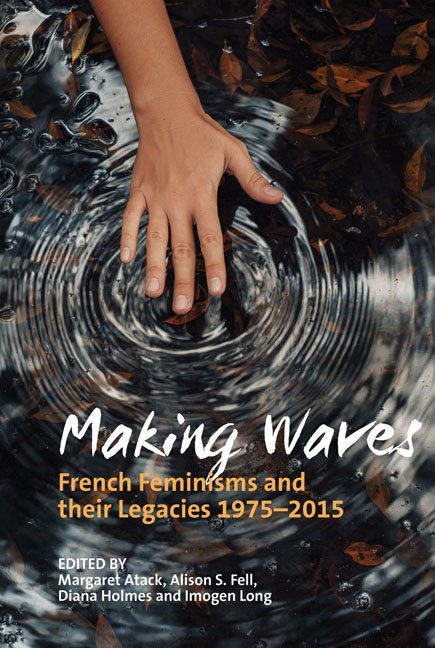Book contents
10 - Time to Laugh or to Cry? ‘Le Rire de la Méduse’ after 40 Years
Summary
Hélène Cixous's 1975 ‘Le Rire de la Méduse’ (‘The Laugh of the Medusa’) represented a defining moment both for feminism and for literary criticism and theory. The idea that writing could be analysed in terms of cultural sexual difference, as distinct from the biological sex of its author, immediately won it a place as essential reading for anyone interested in questions of gender. In fact, Cixous's text played a major role in displacing the debate from feminism to gender. Her conception of sexual difference not as an effect of biology but as a matter of libidinal economy, and specifically a question of different practices of the relationship between self and other, was an important factor in the shift of emphasis from ‘women's studies’ to ‘gender studies’ that took place in the late 1970s and early 1980s. For Cixous, far from being associated with lack (of the various attributes associated with masculinity: power, authority, reason, etc.), femininity was rather defined by a generous, open attitude towards alterity. As a structure rather than an essence it was not exclusive to women, even if women's historical exclusion from power made it more likely for women to be structured in this way; being relatively less invested than men in the status quo, they generally had less to lose and were more likely to know from experience that powerlessness is not the same as death. ‘Le Rire’ thus broke new ground both in valorising femininity and in proposing that it was not the exclusive property of females. In its wake, work on sexual politics could no longer be unproblematically predicated on assumptions of sexual identity; it needed henceforward to take account of cultural constructions of sexual difference: what today we call ‘gender’. In specifically literary critical terms, it was no longer sufficient to focus on the politics of the signature and the representation of women within a text; considerations of gender could no longer be considered confined to the level of content or theme. Cixous's imaginative leap was to suggest that gender differences could be identified in what a text did (especially in the generosity it practised) as much as in what it said or who had written it.
- Type
- Chapter
- Information
- Making WavesFrench Feminisms and their Legacies 1975–</I>2015, pp. 157 - 170Publisher: Liverpool University PressPrint publication year: 2019

